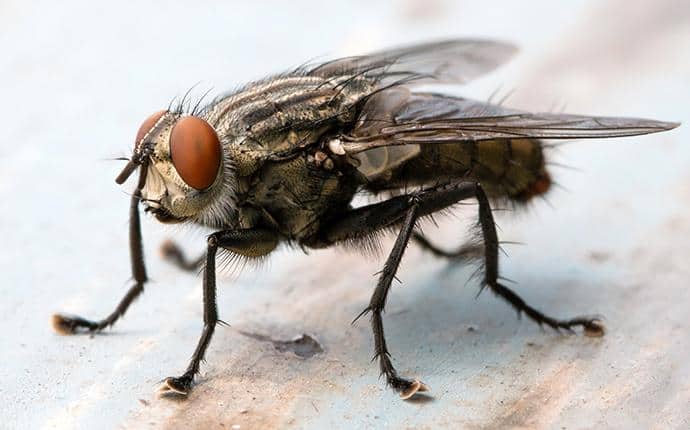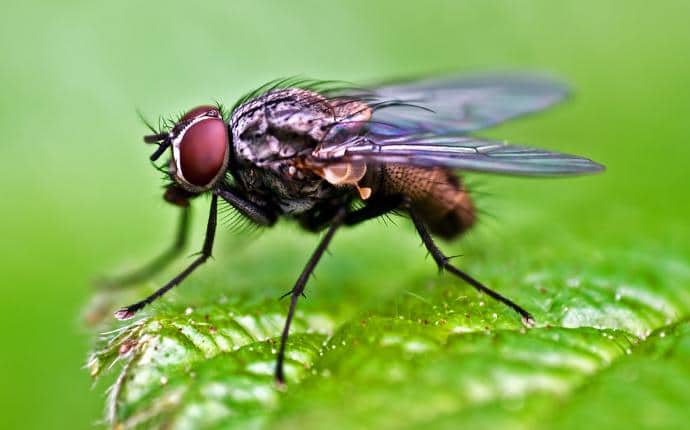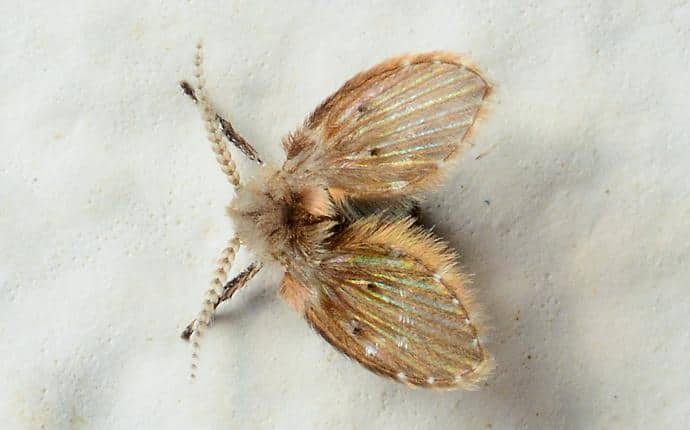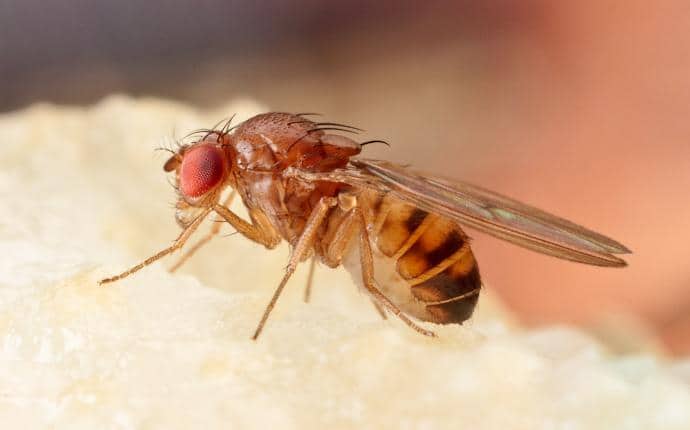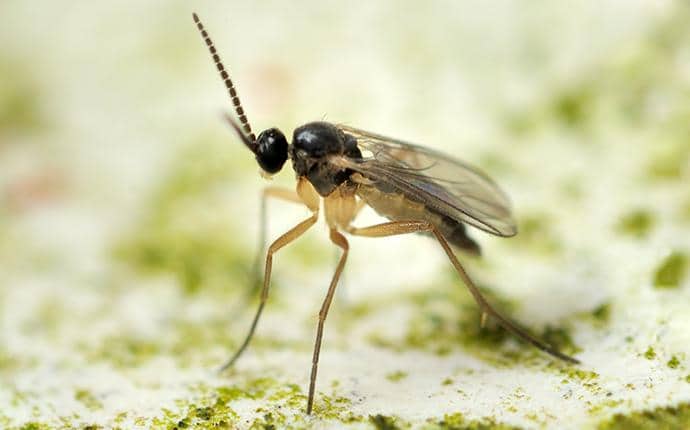Why do I have a problem with flies?
You likely have a fly problem in your home or business because they found a way in through a small or large opening and because you have food and provide shelter. In some cases, such as fruit flies, they enter on infested produce. Flies, depending on their species, feed on decaying vegetation, meat, excrement, fresh fruits and vegetables, and fermenting liquids.
Do flies bite?
While some flies bite, the ones described above do not have a tendency to or cannot bite.
Are flies dangerous?
Even though flies do not bite, flies are considered dangerous. In the course of their travels (through excrement, sewers, decaying vegetation, etc.), they pick up and spread disease, human pathogens, and parasites. Dysentery, diarrhea, cholera, conjunctivitis, and tapeworms are just a few examples of those.
How do I get rid of flies?
If you have a fly infestation in your home or business, contact a pest control company that specializes in fly control. At Prosite, we offer onsite inspections to accurately identify the fly problem, evaluate the severity of the infestation, and then develop a plan of action that will deliver results. Contact us today to learn more about our Central Washington fly control services for homes and businesses or to schedule your inspection.
How do I prevent problems with flies?
In addition to the implementation of professional fly control solutions, the following tips can help you to prevent fly problems.
- Seal potential entry points
- Keep doors and windows closed when not in use or make sure all screen coverings are intact and free of rips and holes
- Don’t garden in close proximity to your structure and don’t allow produce to rot on the ground
- Equip outdoor trashcans with lids that fit tightly
- Clean food and other material out of drains
- Store food in the fridge or in air-tight containers with locking lids
- Keep kitchen counters and floors clean and wash dishes daily

Our Reputation Speaks for Itself!
Read Our Reviews
Serving Ellensburg, WA Since 2011
-
"Above and Beyond!"When you've got serious problems, ProSite has the right people and products to handle them quickly!- Brett H.
-
"Amazing Experience"I'm very happy to be a Prosite customer!- David P.
-
"Great Experience!"Alex politely and professionally described the areas he inspected and serviced in the crawl space of our home and the exterior outside.- Jerry S.
-
"Great Work!"Always pleased with Prosite services.- Cindy S.
-
"100% Recommend!"Thomas was our technician and he was phenomenal and thorough.- Sara H.
-
"Repeat Customer!"Thank you Justin for monitoring our property and communicating the pest status with each visit.- Patrick T.
